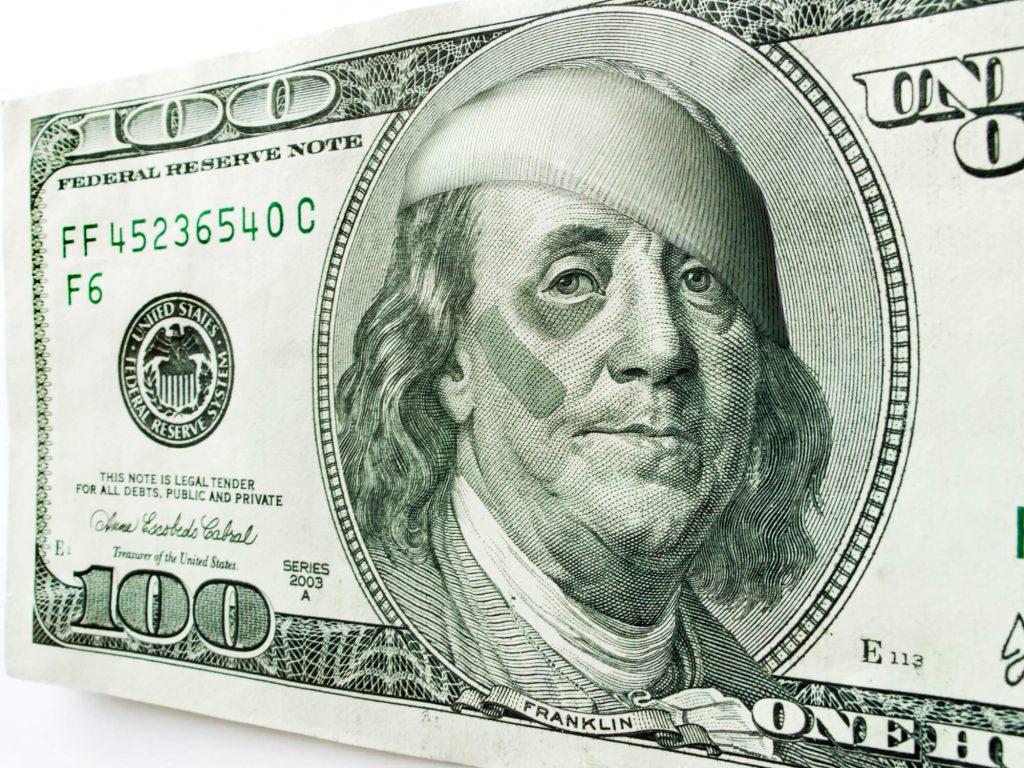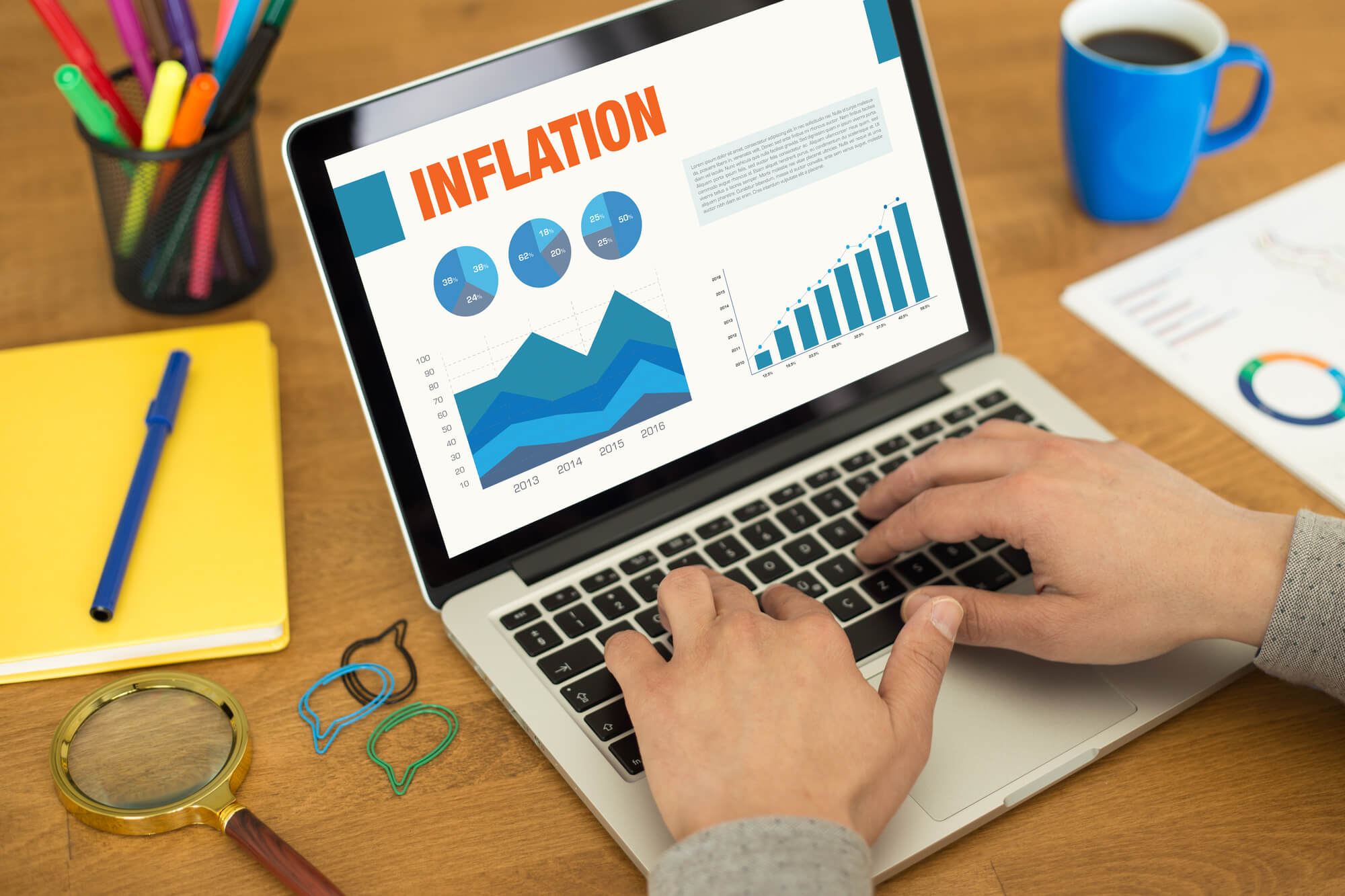With the US inflation rate reaching as high as 8.26%, the economy faces tremendous effects on the prices of everyday items. While inflation carries good residual effects, we can’t deny that a lot will suffer the cruelty of its consequences. Hence, it might be best to undergo a credit report workshop for those eyeing to apply for loans to continue to get by.
How Can Inflation Affect Money?
Reduced Purchase Power
“The US Inflation Rate is the percentage in which a chosen basket of goods and services purchased in the US increases in price over a year.” That means that with a high inflation rate, the purchasing power of a currency reduces due to the increase in the price of everyday items. What you could buy for a dollar last year now requires an additional amount to purchase the same item.
Such a price change in gas prices is conceivably due to the sanctions imposed by the US and its allies on Russia amidst its invasion of Ukraine. The motorists’ reactions are evident in how they shy away from stopping at the pump. Unfortunately, since oil is a significant economic input, high prices directly affect other household items.
Encourages Spending
However, because people realize that each dollar loses the value it used to have in the previous year, rising inflation encourages them to spend. Consumers develop this mindset of buying important stuff now than later (when prices are expected to be higher).
For this reason, they stuff their freezer, buy clothes for their kids that are one size bigger, and put their money on investment vehicles that promise a significant amount of ROI in a specified period. For others, they diversify their assets by purchasing gold, investing in stocks or bonds, or getting into real estate. All these are to gain a hedge and combat inflation.
Influences Interest Rates
As inflation rates go high, interest rates are also likely to rise. They tend to move in direct proportion since interest rates are the primary tool used by the Federal Reserve to manage inflation. Interest rates are a policy response to rising inflation.
At the same time, the cost of borrowing rises, which discourages consumer and business spending.
Does Inflation Help Borrowers?
Inflation benefits the borrower if the loan was done before the inflation occurred, and wages also increased. That is because the borrower owes the same amount of money to the lender, but they now have more money in their paycheck to pay off the debt.
On the other hand, inflation can also benefit lenders since more people turn to credit to buy high-ticket items, especially if there’s no increase in their salary. This scenario opens more customers to the lender. On top of that, because inflation raises the interest rate of an item, lenders earn more.
For example, if an item that used to cost $1,000 now becomes $1,100 due to inflation, the lender earns more because 10% interest on $1,100 is bigger than 10% interest on $1,000.
Do You Need a Credit Report Workshop?
Getting into credit card debt is not as easy as borrowing money and paying it when you can. Many factors dictate whether you can be eligible for credit or how much you can be allowed to borrow. To help you navigate all these complexities, our team at DebtHelper dedicate ourselves to providing financial education and credit counseling. Talk to us today to learn more about our services and how we can help you.







